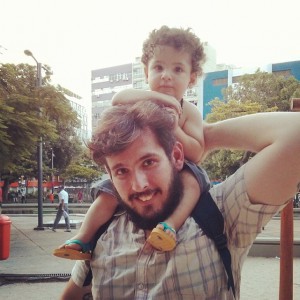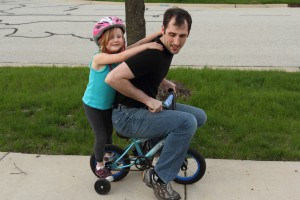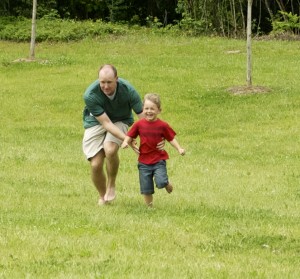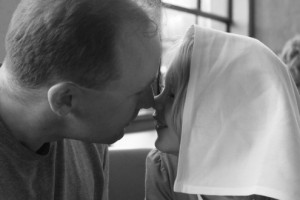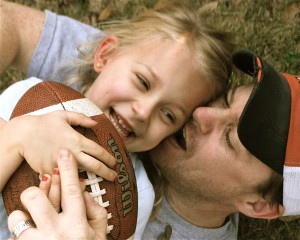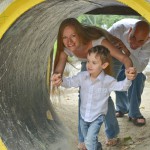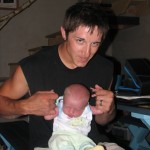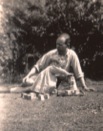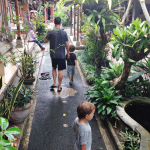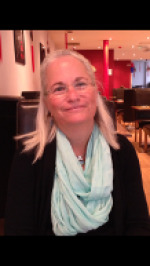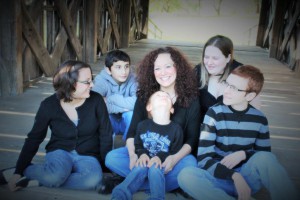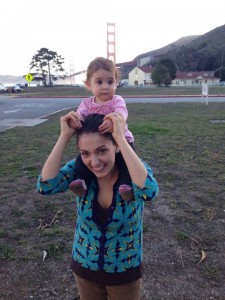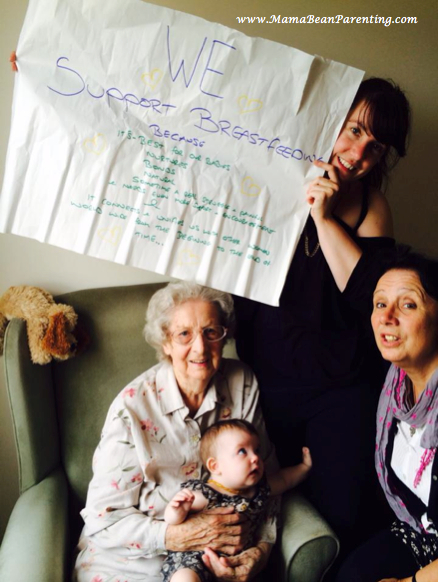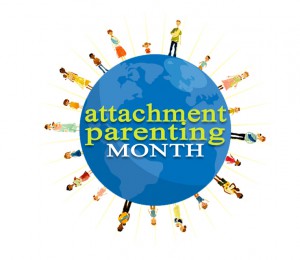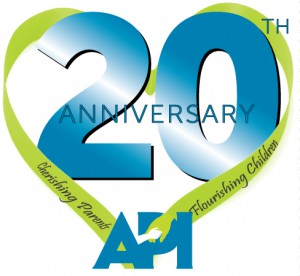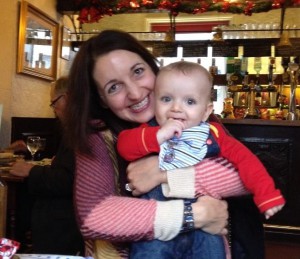 Before my son arrived, I didn’t really understand or even think about what becoming a mother would mean. I wanted to be one, but I didn’t know that once my child was here, for me there would be no separation between the person I have always been and the one I became. The line between being me and being a mother blurred almost as soon as I met him, and from there, there was no going back.
Before my son arrived, I didn’t really understand or even think about what becoming a mother would mean. I wanted to be one, but I didn’t know that once my child was here, for me there would be no separation between the person I have always been and the one I became. The line between being me and being a mother blurred almost as soon as I met him, and from there, there was no going back.
It wasn’t just about love, either. There’s this unbreakable, unshakeable bond of course. But there are worries, too, plus an achingly overwhelming desire to protect him, and a physical pain when I cannot.
And at times I have felt overwhelmed by this — who was I now? How had my priorities in life changed so hugely? What was left of me?
People are out changing the world while I’m lost in our little one, and I sometimes wondered if this was okay…if I was important enough?
Yes, it is…yes, I am.
There are many ways to define motherhood, to describe it. For me, capturing each and every grain felt important, because being a mother and loving your child can feel so extraordinary…insignificant…tiny…and huge. To me, all of this…is motherhood:
It is early rising and midnight waking. It is wiping noses and kissing bumps. It is the park in all seasons. It is water, sand and crayons. It is traveling heavy and never “nipping out.” It is laughter — so much laughter.
It is a shift in your relationship. It is rare evenings out. It is talking in yawns and gestures. It is discussing diaper rash, weaning and sippy cups — with gusto. It is toys in the living room and a prayer for more sleep. It is different than expected and more than you hoped.
It is making sacrifices. It is rushing home for bedtime. It is another trip to the doctor. It is potty training and battles with medicine. It is making mistakes, then making them again. It is guilt — so much guilt.
It is living all over. It is excitement at planes…and diggers…and dogs. It is hours in the garden. It is a tantrum at the store. It is forgetting half of what you knew. It is learning so much. It is feeling clueless. It is guess work. It is crossing your fingers.
It is milk and laundry — more, more, more. It is overwhelming, amazing, heart filling. It is nursery rhymes and counting. It is please and thank you. It is the same book again, again, again. It is the everyday. It is the mundane. It is the extraordinary.
It is cuddles in the dark and company in the bathroom. It is a smile. It is home. It is discovering strengths and recognizing weaknesses. It is persistence. It is holding your breath. It is victories. It is losses. It is holding on…and letting go.
It is changing priorities, a shift in perspective. It is odd socks, smiles and worry. It is a million photographs. It is crying and screaming. It is giggles and soft snores. It is losing you and searching again — new, old, different, the same.
It is slow walks in the sunshine and splashing in the rain. It is moments of pure happiness…the highest of highs. It is consuming…bewildering. It is making a mess. It is new friendships and resealed bonds. It is finally understanding your parents. It is marks on the walls and stains on the sofa. It is rejected dinners. It is love. It is love.
It is long days and short years. It is exhausting. It is exhilarating. It is everything.
All of this…is motherhood.


